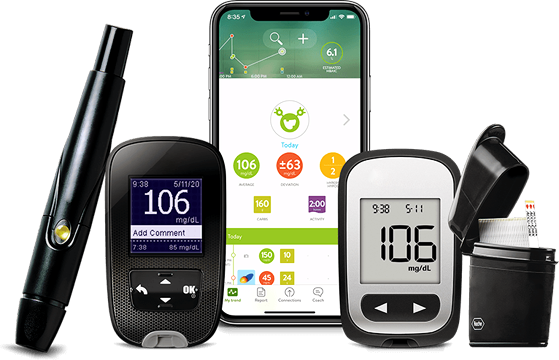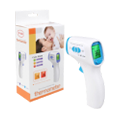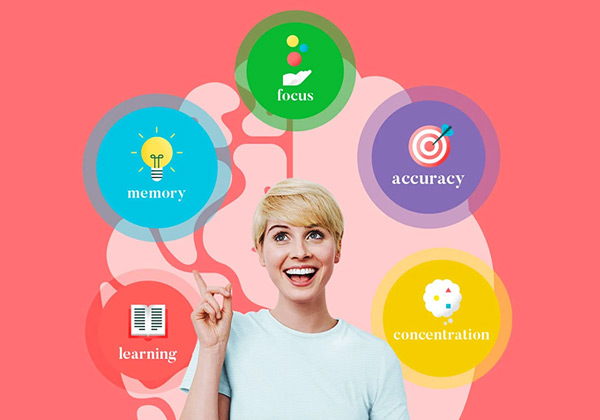6 Things to Include in a Diet for High Blood Pressure
Smart Eating for a Healthier Heart
High blood pressure, or hypertension, is often called the “silent killer” because it typically shows no symptoms — yet it can lead to serious complications like stroke, heart disease, and kidney damage. The good news? A healthy diet can make a big difference.
At Easy Pharmacy Hub, we believe in empowering you with knowledge and easy access to the tools you need to manage your health. In this article, we highlight 6 essential things to include in your diet if you’re looking to naturally lower or control your blood pressure.
🥦 1. Leafy Green Vegetables
Spinach, kale, swiss chard, and other leafy greens are high in potassium, a mineral that helps your kidneys get rid of excess sodium — a key contributor to high blood pressure.
✅ Tip: Aim to include at least one serving of greens in your lunch or dinner every day.
🍌 2. Foods Rich in Potassium, Magnesium & Calcium
These three minerals are critical in regulating blood pressure. Try incorporating:
-
Bananas, avocados, and sweet potatoes for potassium
-
Almonds, seeds, and whole grains for magnesium
-
Low-fat dairy products like yogurt or milk for calcium
🛒 Explore dietary supplements for heart health at EasyPharmacyHub.com
🐟 3. Fatty Fish
Salmon, mackerel, and sardines are loaded with omega-3 fatty acids, which reduce inflammation, lower blood pressure, and improve heart function.
✅ Pro Tip: Try having fish twice a week as part of your main meals.
🫘 4. Beans, Lentils & Legumes
Rich in fiber, protein, and minerals, beans and lentils help reduce both systolic and diastolic blood pressure. Plus, they keep you feeling full longer — helping with weight control too.
-
Great options: chickpeas, black beans, lentils, kidney beans
🍇 5. Berries & Citrus Fruits
Fruits like blueberries, strawberries, oranges, and grapefruits are packed with antioxidants and flavonoids that support blood vessel health and improve circulation.
⚠️ Note: Grapefruit can interact with some blood pressure medications. Always check with your doctor or pharmacist.
💧 6. Plenty of Water (and Less Salt)
Hydration helps your kidneys filter out excess sodium and maintain healthy blood pressure. Speaking of sodium — aim to limit your salt intake to less than 1,500 mg per day, especially if you already have high blood pressure.
✅ Avoid processed foods, canned soups, chips, and fast food whenever possible.
🩺 Bonus Tip: DASH Your Way to Better Health
The DASH diet (Dietary Approaches to Stop Hypertension) is a proven meal plan focused on heart-friendly foods like fruits, vegetables, whole grains, and lean proteins. It’s recommended by cardiologists around the world and easy to follow.
💊 Managing High Blood Pressure with Diet & Medication
While diet plays a huge role, some people still need medication to keep their blood pressure under control. If your doctor prescribes it, be sure to:
-
Take your medication on time
-
Monitor your blood pressure regularly
-
Follow up with your healthcare provider
🛒 Find affordable, genuine hypertension medications at Easy Pharmacy Hub
✅ Final Thoughts
Managing high blood pressure doesn’t mean giving up your favorite foods — it’s about making smarter choices. By including these six heart-healthy options in your daily diet, you’ll be taking a powerful step toward better health.
At Easy Pharmacy Hub, we’re here to support you with:
-
Trusted blood pressure medications
-
Heart health supplements
-
Educational resources and tips
👉 Shop Heart Health Essentials »
Eat smart. Live well. Control your blood pressure — with Easy Pharmacy Hub by your side.





